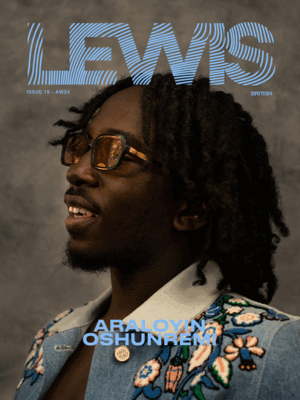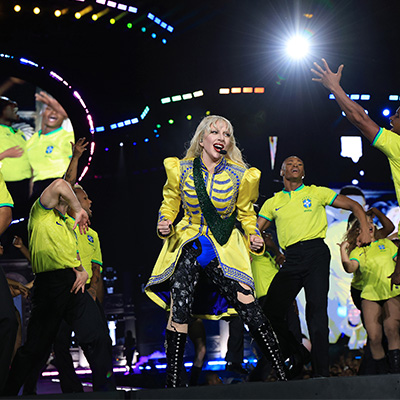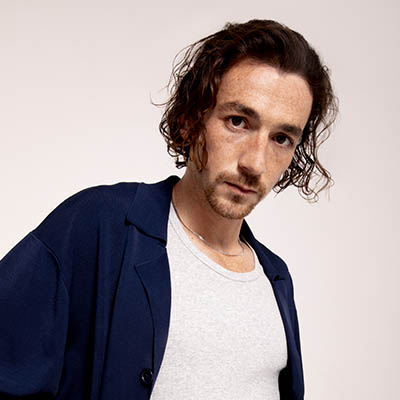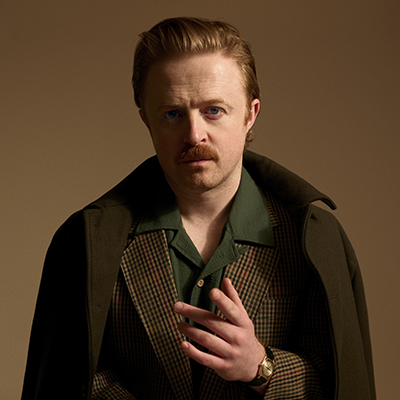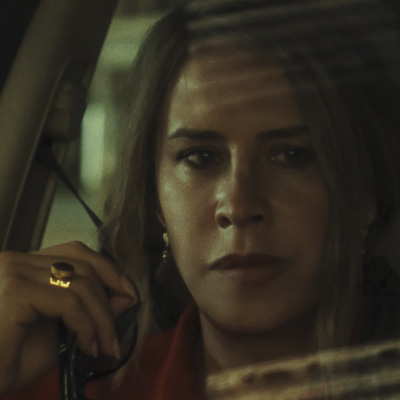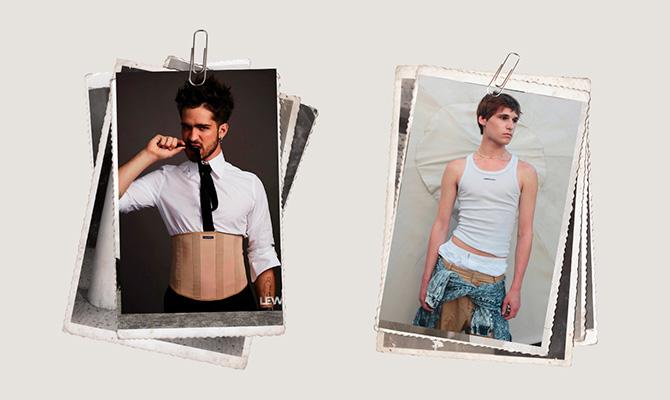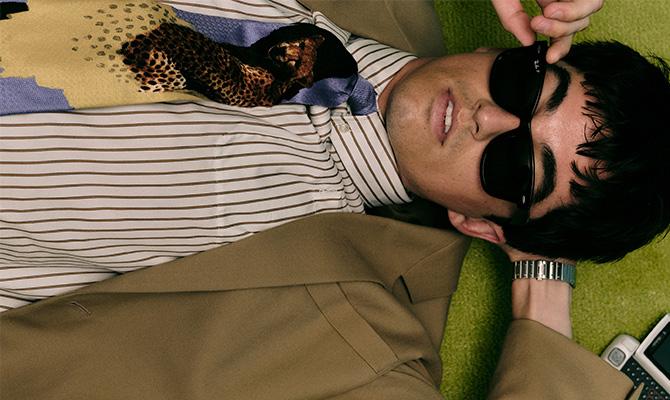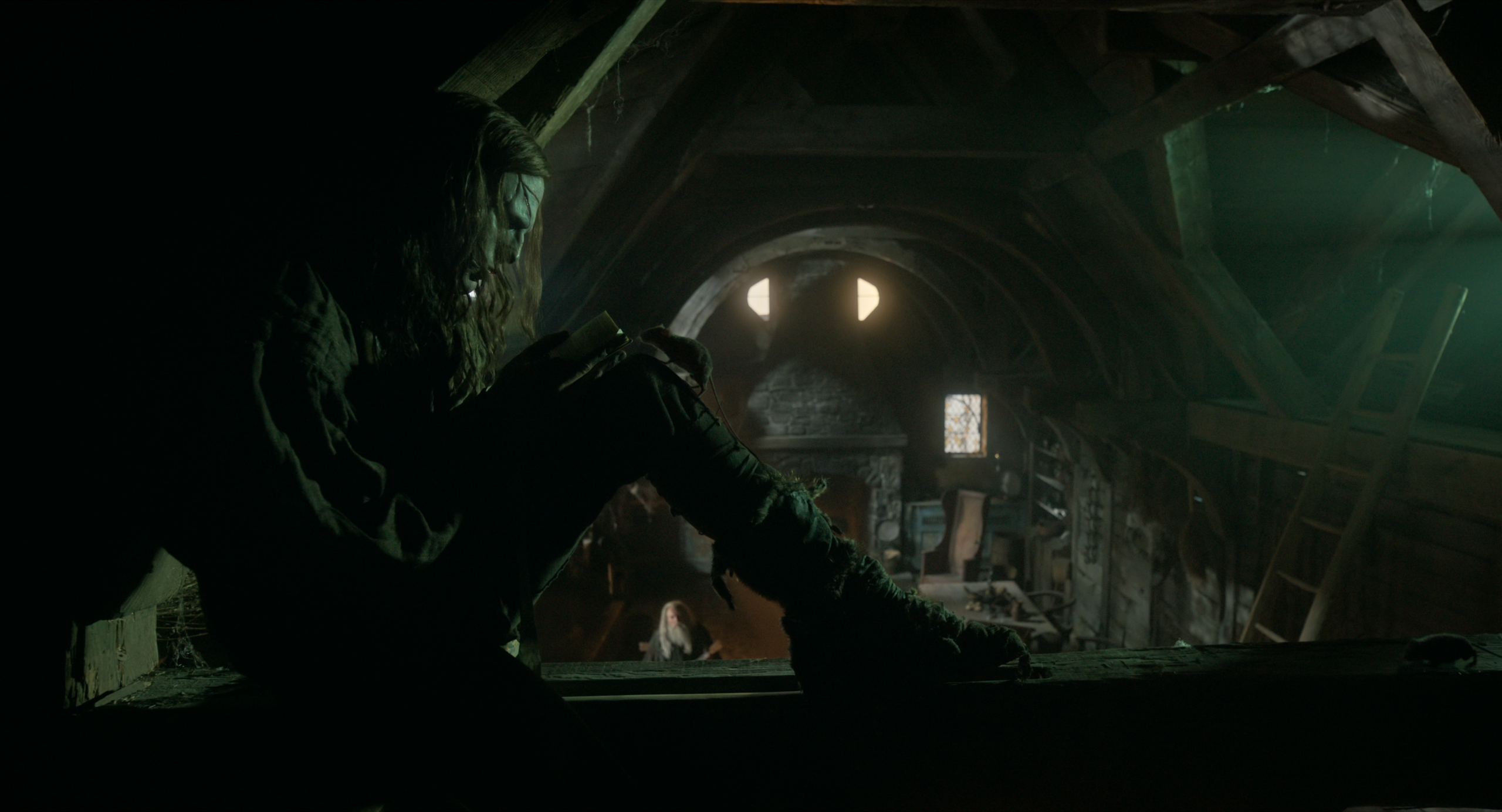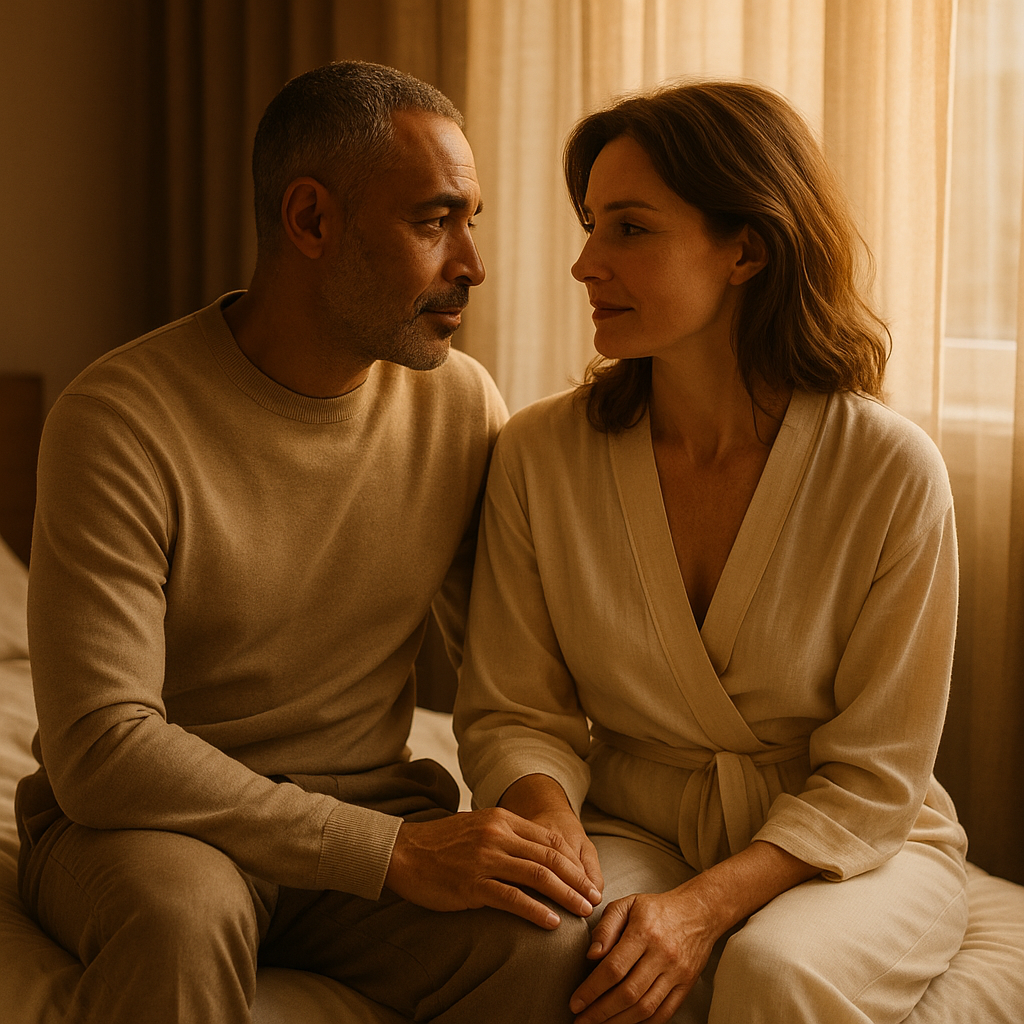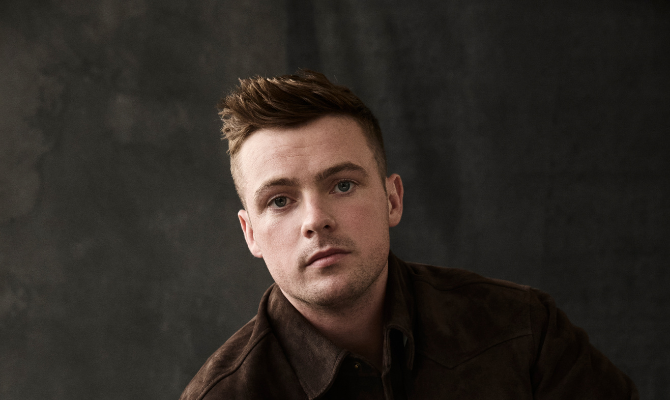In the multifaceted world of acting, the journey to embodying diverse characters is as unique as the roles themselves. For actor Jordan Bolger, this odyssey began with aspirations of pirouettes on stage, a dream that eventually morphed into the art of storytelling on screen. His transition from aspiring dancer to seasoned actor instilled in him a distinctive approach shaped by the disciplined rigors of ballet training. Reflecting on his evolution, Jordan shares insights into his transformative journey, weaving personal anecdotes and professional milestones into the tapestry of his craft. From the pulsating streets of 80s Coventry and Birmingham in “This Town” to “The Book of Boba Fett,” Jordan’s career navigates through a constellation of narratives, each role a testament to his versatility and commitment to the craft.
As Jordan looks ahead, his dreams stretch beyond any limits, driven by a strong determination to explore new frontiers in storytelling.
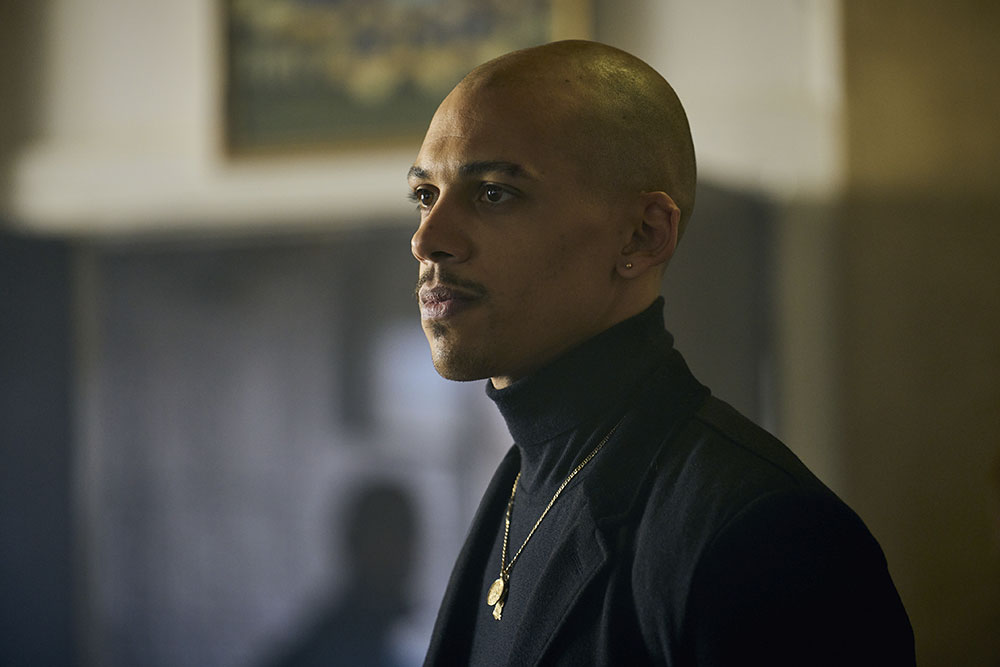
@BBC
SD – As an actor, you’ve had a diverse range of roles, from period crime dramas to post-apocalyptic sci-fi. How did your journey from intending to be a professional dancer to becoming an actor shape your approach to these varied characters?
JB – Starting off and training in dance for so long has definitely given me a different approach, but then I also would say that no two actors have the same approach to their work, there’s always a little variation from personal journey and experience.
The ballet training, especially, is very regimented and there’s a sort of etiquette to it and a way of learning, trusting respecting that I definitely brought over to my acting game. I understand that although I’m there to bring my own sauce and spice to the character, I’m also there to take direction and am more than happy to receive direction. In dance and in acting, you have to trust in someone else’s direction, even though it might be scary, and in my head, I’m saying, ‘if I do that, I may hurt myself’, but I found out quickly that if I did listen, usually I wouldn’t hurt myself and it would result in success. I’ve tried to bring that attitude over to my acting.
Now, over the years, I contribute more to a character than I did when I was young and new and didn’t have so much to offer. But I think there’s a balance between bringing something of your own and understanding that you are there as part of a team.
SD – This Town is set against the backdrop of social tensions and unrest in the 80s. How did you prepare for your role in capturing the essence of that era, and what drew you to this particular project?
JB – Its set in Coventry and Birmingham – Coventry is my hometown, and I spent a lot of time in Birmingham growing up. So having an opportunity to represent the West Midlands drew me to the project. There are many personal links between my life and the story, whether it was certain character, certain dynamics, it felt very relatable to me. Even more so, it was my mum’s generation, and she grew up through this time, so not only did that draw me to it but I had many people I could go to and ask questions about this time.
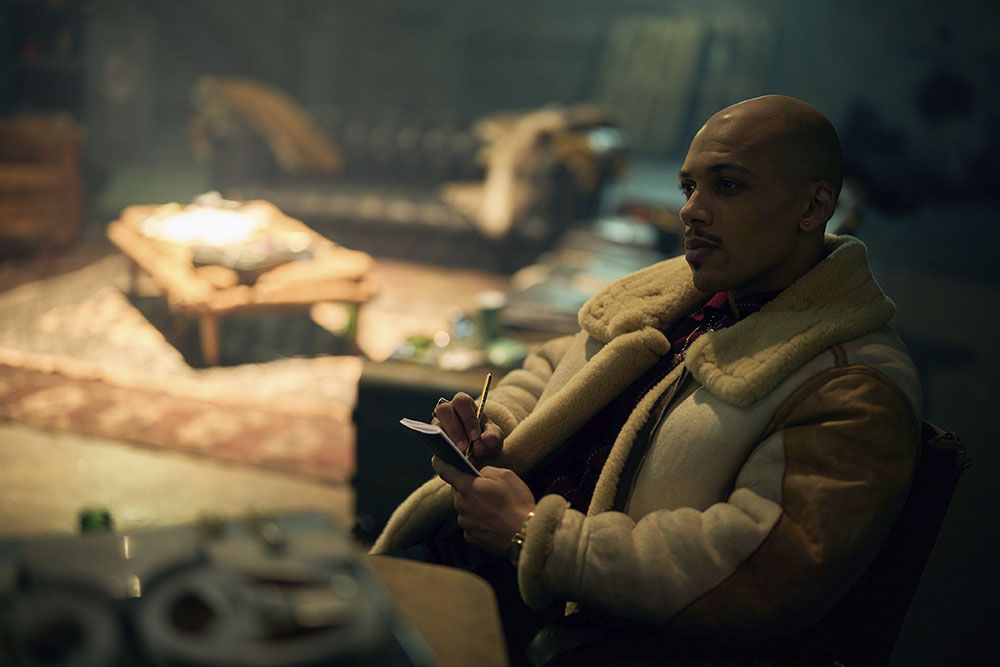
@BBC
SD – Steven Knight is renowned for creating gripping dramas like Peaky Blinders. What was it like working with him on This Town, and how does the experience compare to your previous projects?
JB – The experience would always be very unique, as it is rare you’re in a project set in your hometown, in places I used to run around in when I was fourteen. There is a certain level of pride and comfort and inspiration that comes with having projects that are so linked to you.
I can’t really compare, as every project is so different, every writer is different. But Steven is one of the greats, and everything he touches seems to turn to gold. With him, before you start the project, you feel reassured that you’re in good hands. It’s a beautiful feeling.
SD – Your upcoming film, Heavyweight, explores themes of self-discovery and crisis. What attracted you to this project, and how do you approach portraying such complex emotional journeys on screen?
JB – What I’m learning is that we can all tell stories that resonate with us, and have experienced in some way, if not the exact things that happen, then the feelings. There were parts of ‘heavyweight’ that really resonated with me, and I knew resonated for so many of my friends as well, so I thought it was an important story to tell, and I definitely felt like I’ve had the life experience to be able to do so.
I find power in that fact of having had experiences that gave me these difficult emotions to work through, and I now have an opportunity to turn that into art and maybe help other people process or understand those feelings. So, I approach these stories with so much empathy and care – and understanding that it is delicate and will resonate with people that you might think it wouldn’t.
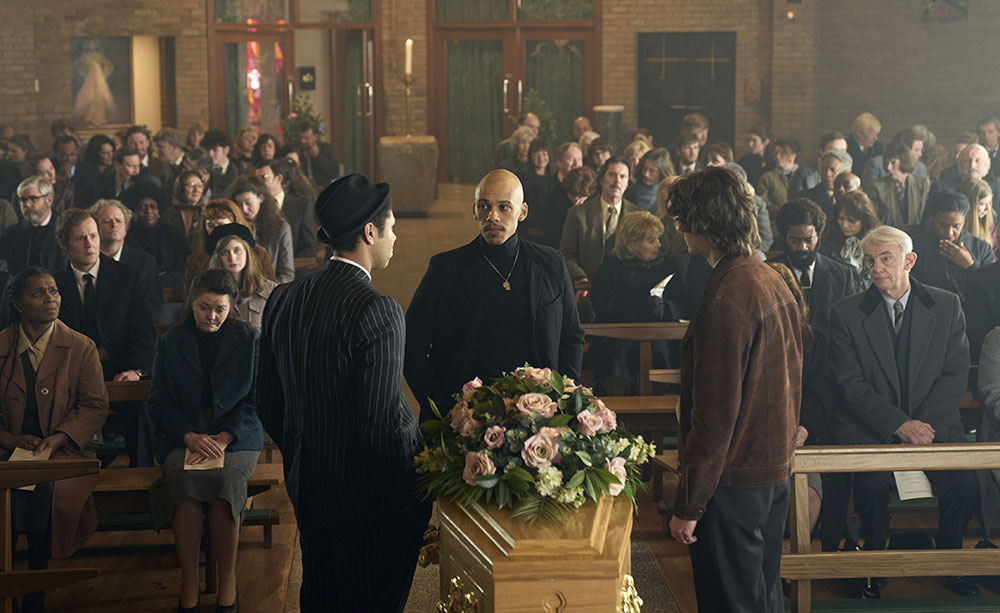
@BBC
Having appeared in both television and film, how do you find the dynamics of each medium differ, and do you have a preference for one over the other?
JB – I don’t have a preference, there’s pros and cons to each for sure. I like the variation and contrast of going from a feature to TV, I like the difference in structure, time commitment. With TV you tend to be covering a longer period of time, and so you can go on more of a journey with your character, which is nice. I enjoy bouncing between the two.
SD – From “The Woman King” to “Peaky Blinders”, you’ve worked alongside some incredible talents. How have these experiences influenced your growth as an actor, and is there anyone in particular who has been a mentor to you?
JB – Definitely in more recent years, Nicholas Pinnock has not only been a mentor to me but a good friend and a peer that I enjoy working and conversing with.
Growing up in the last 10 years in this industry, being around so many people that I grew up watching and meeting new – incredibly talented and intelligent – people, has shown me the range that there is to the type of person that you can become, as well as the things that you can learn.
If you stay in a small pond, you may only get to see a certain bandwidth of people. Having such a wide scope of people in my life and seeing the possibilities has been such a huge benefit to my personal growth: knowing I can become whatever I want and make this life what I want.
It’s a shame that sometimes when we don’t leave our small towns and go from the pond into the ocean, you don’t get to see the potential that is in all of us.
SD – The West Midlands setting plays a significant role in This Town. How did filming on location contribute to the authenticity of the series, and did you encounter any memorable moments during production?
JB – It added massively to the authenticity, for the audience as well as the cast. Feeling like we were in these real places, there’s an energy that comes with that. Especially for me, having grown up there, it was a special experience.
For the audience in the midlands, it will feel very validating when they see and know that things were actually there. And it gives you a sense of pride. You don’t see that part of the country on TV often and not in such a way that makes it look beautiful, picturesque, and vibrant.
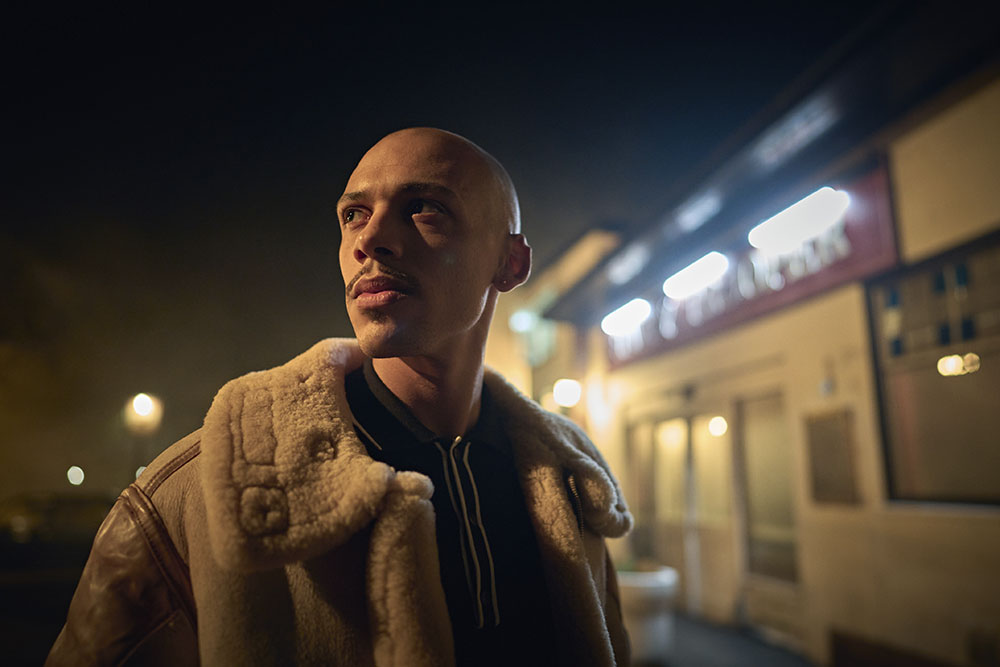
@BBC
SD – With your Hollywood debut in Tom & Jerry and now roles in major franchises like Star Wars, how do you navigate between blockbuster productions and more indie projects like This Town?
JB – Choice and a good team. I’ve never wanted to be typecast. I want to be known as an actor that you can put into any situation, scenario, or world. It’s just about being realistic and having a bird’s eye view on your career and remembering to jump back to that goal, not get caught up in what might provide the most money or exposure. At this point it has to tick the boxes: I need to enjoy it, be proud of it five years from now, and be happy with the opportunities it leads on to.
SD – Looking ahead, what are some dream roles or genres you’d like to explore in your career, and how do you envision your trajectory evolving in the coming years?
JB – I don’t like to say what roles I want to have; I feel like when you say you want them you generally don’t get them! But I would just like to keep growing as an actor and be trusted with important stories and characters. It’s hard to predict how my career is going to go. But I hope and believe that I will achieve some amazing things. I’m barely getting started.
“This Town,” now streaming on BBC iPlayer.





